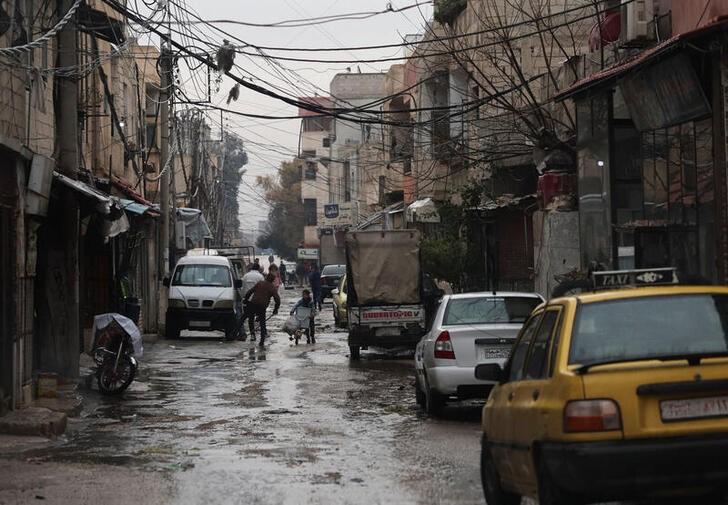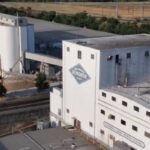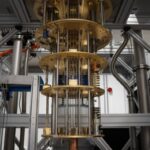By Hatem Maher and Menna AlaaElDin
CAIRO (Reuters) – Holding elections in Syria could take up to four years, de facto Syrian leader Ahmed al-Sharaa said in remarks broadcast on Sunday, the first time he has commented on a possible election timetable since the ouster of Bashar al-Assad. month.
Drafting a new constitution could take up to three years, Sharaa said in an interview with Saudi state broadcaster Al Arabiya. He also said it would take about a year for Syrians to see drastic changes.
The comment from Sharaa, who leads the Hayat Tahrir al-Sham group that toppled Assad on Dec. 8, comes as the new government in Damascus seeks to reassure neighbors that it has moved away from its militant Islamist roots .
The group’s blitz ended a 13-year civil war but left many questions about the future of a multi-ethnic country where foreign states, including Turkey and Russia, have strong and potentially competing interests .
Although Western powers have largely welcomed the end of the Assad family’s rule in Syria, it remains unclear whether the group will impose strict Islamic rule or show flexibility and move toward democracy.
Sharaa said the HTS, formerly known as the Nusra Front, would be disbanded at a national dialogue conference.
Asked about the group’s dissolution, Sharaa replied: “Of course. A country cannot be run by the mentality of groups and militias.”
The group was once affiliated with the Islamic State and al-Qaeda, but has since renounced both and sought to reposition itself as a force of moderation.
He has repeatedly pledged to protect minority groups, who fear new leaders will seek to impose Islamist rule and warned against attempts to incite sectarian conflict.
According to Sharaa, the national dialogue conference would involve broad participation of Syrian society with votes on issues such as the dissolution of parliament and the constitution.
Regarding the situation in northeast Syria, Sharaa said talks were underway with all parties to resolve remaining disputes, including with the U.S.-allied Kurdish Syrian Democratic Forces (SDF).
“We refuse to allow Syria to become a platform for the Kurdistan Workers’ Party (PKK) to launch attacks against Turkey,” he said.
He said weapons should only be under state control, adding that the Defense Ministry would welcome those who are able to join the army.
In the interview, Sharaa said Syria shared strategic interests with Russia, a close ally of Assad during the long civil war and which has military bases in the country, reiterating conciliatory signals his government had previously issued .
Sharaa said this month that relations between Syria and Russia must serve common interests.
Russian Foreign Minister Sergei Lavrov said the status of Russian military bases would be subject to negotiations with the new leadership in Damascus.
“It is not only about maintaining our bases or our strongholds, but also about the conditions of their operation, their maintenance and their provision, as well as their interaction with the local party,” he said. he said in an interview with the Russian news agency RIA published on Sunday.

Sharaa also said he hoped the administration of US President-elect Donald Trump would lift sanctions on Syria. Senior US diplomats who visited Damascus this month said Sharaa had appeared pragmatic and that Washington had decided to scrap the $10 million bounty placed on the HTS leader’s head.
In response to a question about neighboring states’ concerns about Islamist groups, he said: “We will not work to export the revolution. We want to manage this phase with the mentality of the state and not the revolution,” he said, reiterating that they are keen to establish strategic relations with all states in the region.









